Last year FoodNavigator reported on the rise of meat manufacturers and their new vegetarian ranges: meat giant Rügenwalder Mühle, which set a target of having at least 30% of the company’s sales coming from its vegetarian range by 2019, and poultry processor Wiesenhof which brought out a range of meat-free ‘mortadella’ slices.

While some see this as a positive development - by normalising meat alternatives and appealing to a broad market they have the potential to bring about a long-term and significant change in eating habits - it does not sit well with others.
Klaus Gaiser, the founder of Topas, the company credited with bringing seitan to Europe under the brand name Wheaty, has criticised VEBU for lending its support to the meat industry without ensuring that animal suffering is reduced.
A pragmatic approach
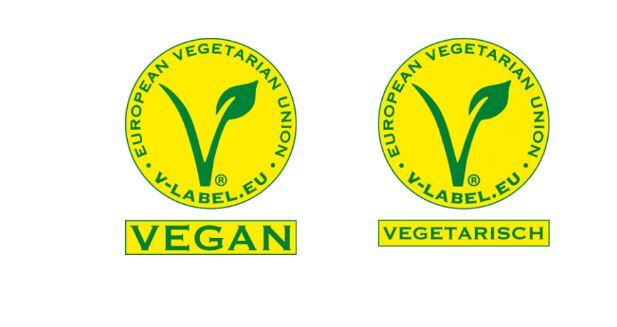
VEBU has defended its stance, and the use of its V-logo on such products.
Policy assistant, Jan Felix Domke, told FoodNavigator: "VEBU supports all kinds of companies - small and big ones - in their efforts to introduce and establish vegan/vegetarian products on the market. We believe that the availability, visibility [and] attractiveness of those products is key for a long-lasting trend towards vegetarianism.
"This being said, a move towards more plant-based diets will most likely not be achieved without 'big players'. Therefore, yes, we welcome the fact that meat companies are investing in vegan/vegetarian ranges because eventually it will make vegetarianism more mainstream. Furthermore, as more and more people try those 'meat alternatives', we believe that this will lead to a change in awareness and attitudes."
Domke said the topic was being discussed among VEBU members and in Germany - which backed a proposal for a legal definition for vegan and vegetarian food earlier this year - and that the pragmatic approach taken by VEBU was "understood and appreciated."
"We believe that it is the most efficient way in order to change diets and achieve the most for the animals, the environment and the planet," he added.
...or walking a fine line?
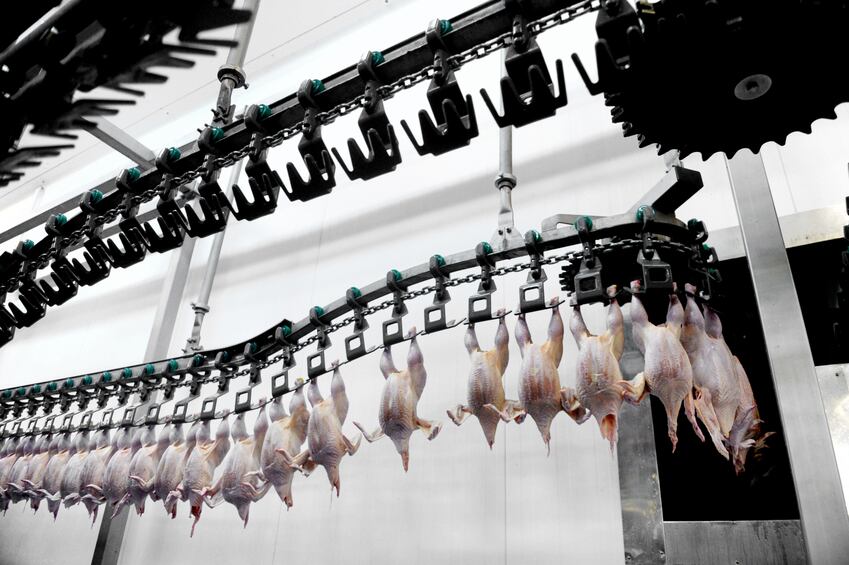
Gaiser says he is not fundamentally opposed to meat companies producing vegetarian food.
“On the one hand these companies have done many terrible things and now simply want to also cash in on the vegetarian market. And they have made so much money in their previous transactions that, with their completely rationalised machinery, they can easily press us vegan pioneers against the wall in terms of pricing," he said in an interview on Wheaty's website. "On the other hand, if something is really to be achieved for the animals and the environment in a big way, these corporations need to turn things around."
Being priced out of the market is a reality for many small-scale producers. German newspaper Süddeutsche Zeitung spoke to one Lörrach-based manufacturer, Lord of Tofu, which in April found its products removed from the shelves in two supermarket chains and replaced with ones made by the meat industry.
According to senior research analyst for food and nutrition at Euromonitor International, Wiebke Schoon, meat companies producing veggie ranges are walking a fine line.
"On the one hand, many consumers feel mainly positive about buying meat alternatives. The instinct is that this must reduce the number of animals these companies slaughter for the production of meat products. On the other hand, more critical consumers feel that while buying vegetarian products, they are still supporting meat companies which have often been criticised for ethical reasons surrounding mass production of meat," she told FoodNavigator.
Careful brand management is needed
In order to walk this fine line, manufacturers should be aware of their own limitations in ethical claim making.
“Meat companies need to manage their brands very well and be careful not to position their veggie products too closely in association with animal welfare as this could result in a consumer backlash about double-standards," said Schoon.
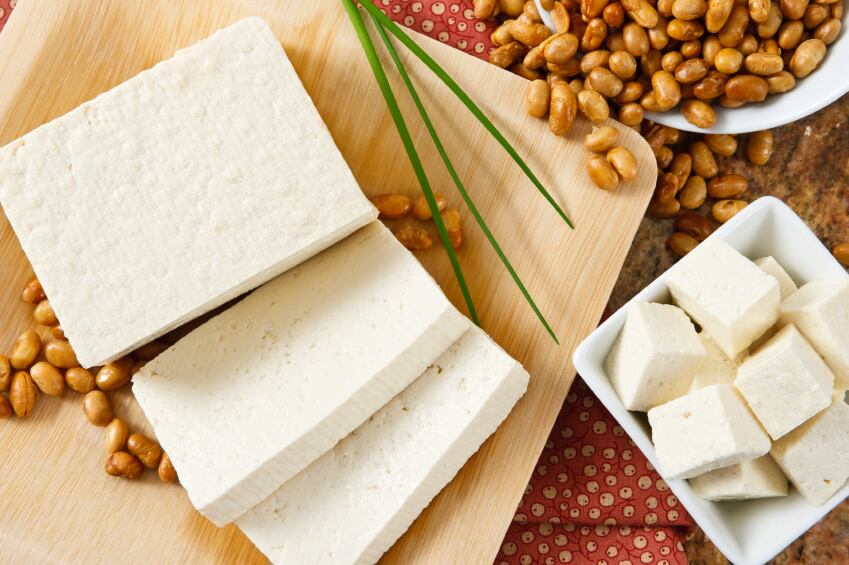
“Furthermore, ingredients used for meat substitutes also have the potential to draw criticism, be it for the conditions in which soy is produced or for egg white forming the base of some of these products. All of this requires careful managing by brand managers.“
This is definitely a sticking point for Gaiser. He cites journalist Derik Meinkoehn who, over the course of a year living as a vegan, calculated that the egg used as an ingredient in vegetarian 'mortadella' indirectly contributes to the deaths of around 11 chickens in the egg production supply chain. Male chicks are killed because they cannot lay eggs while hens are slaughtered after 1.5 years because their productivity declines.
And despite the uptake of vegetarianism in Germany, meat production is not falling. According to the Federal Statistical Office (Destatis), German commercial slaughterhouses hit a new record last year for meat production which rose to 8.22 million tonnes. The surplus is exported abroad.
Focus on the flexitarians
While this may sit uncomfortably with strict vegetarians and vegans, the meat companies that are investing in offering meat-free ranges are not necessarily targeting this specific consumer group.
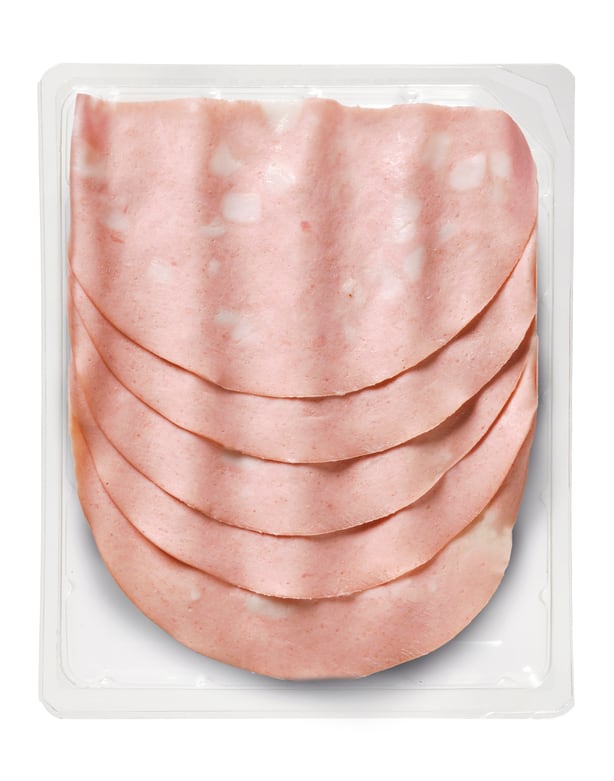
“They cater to so-called flexitarians by offering them meat-free options to add variety to their diet," Schoon said. "Flexitarians are people who don’t entirely exclude meat from their diet, but who are consciously reducing their meat consumption for a number of reasons including their own health, animal welfare and environmental impact.”
Flexitarianism is a growing trend that has been responsible for fuelling a wave of innovation in new product development within the vegetarian food category.
Jumping on the veggie brandwagon
Rügenwalder Mühle was the first major meat company in Germany to develop a vegetarian range followed quickly on its heels by Wiesenhof. Since then more and more
companies have been joining, such as large well-known meat brands Meica or Herta while retailers are expanding their vegetarian private label ranges. Some of Aldi’s products now feature VEBU’s V-label.
Germany has become the European leader for vegan launches, usurping the UK from its 2013 top spot.
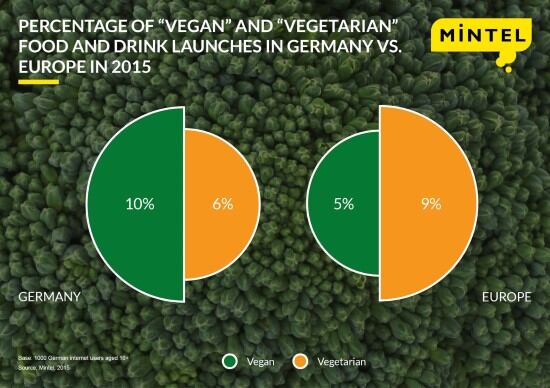
While the UK used to be number one in 2013 accounting for 40% of all European food and drink launches making a vegan claim followed by Germany at 22%, Germany now accounts for 36% while the UK has fallen to 21%, according to recent data from market research company Mintel.
Moreover, vegan claims on German packaged food are outpacing vegetarian at double the rate compared to elsewhere in Europe.
Senior food & drink analyst at Mintel, Katya Witham, echoed Schoon, saying it is not necessarily practicing vegans who are behind this change in eating habits. “Vegan products seem to succeed in attracting attention from a much wider, health and ethically driven, flexi-vegan consumer base. Demand is also spurred by the growing interest in both free-from and organic qualities, which are commonly represented by vegan products.”
